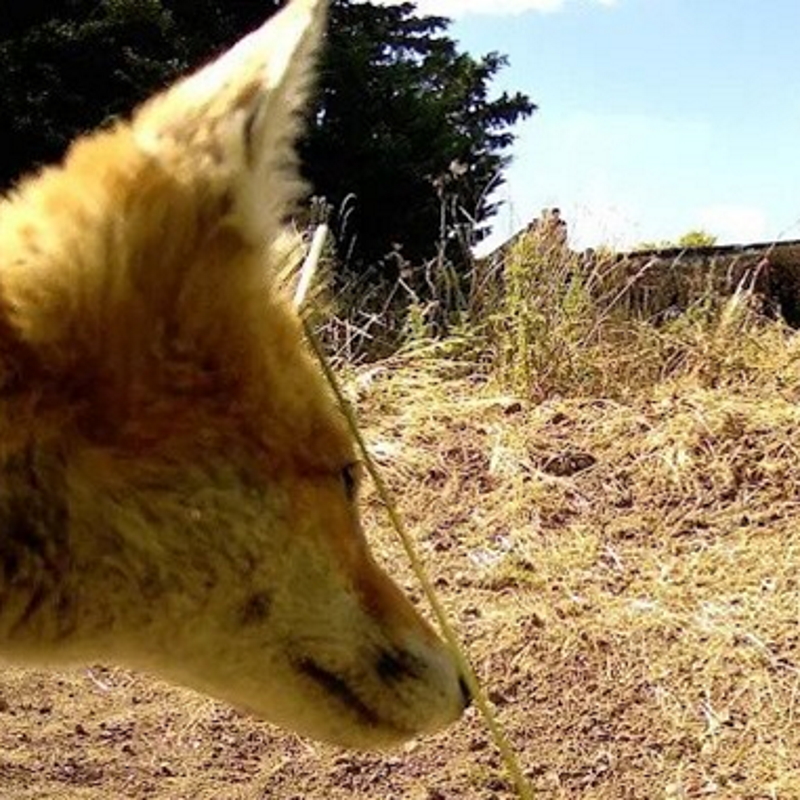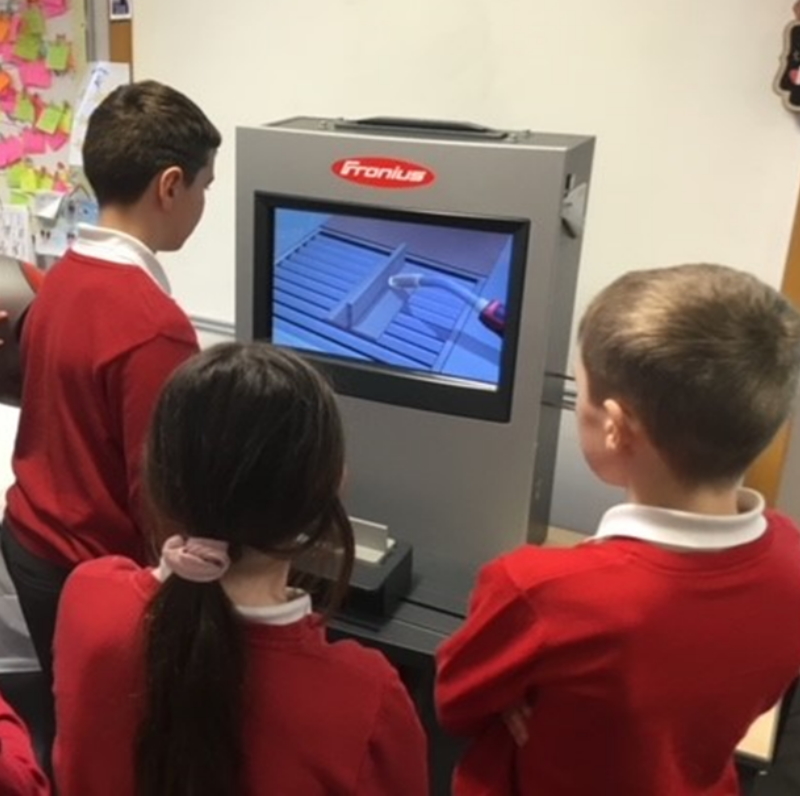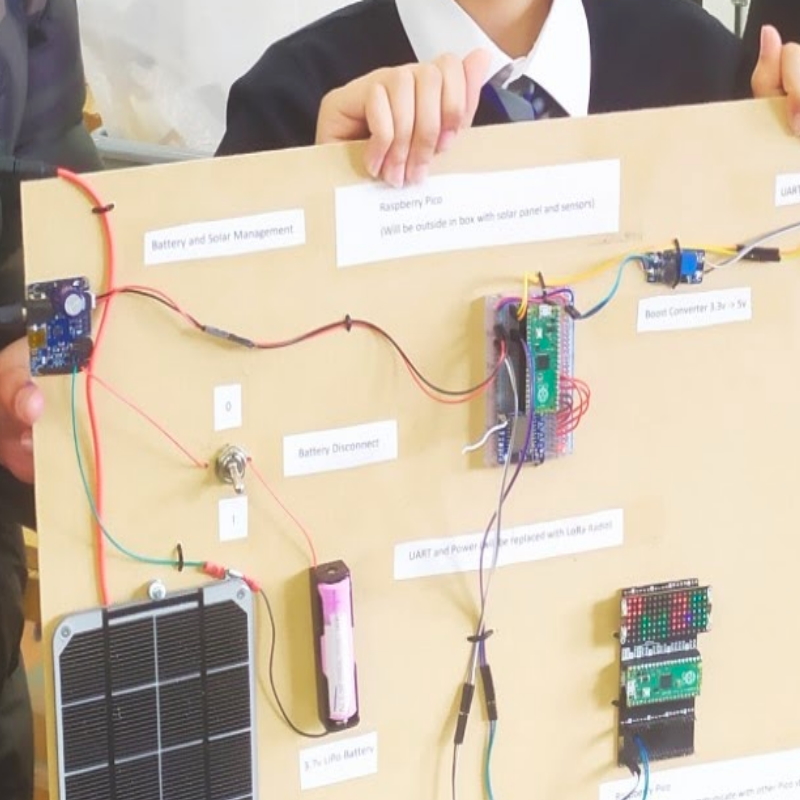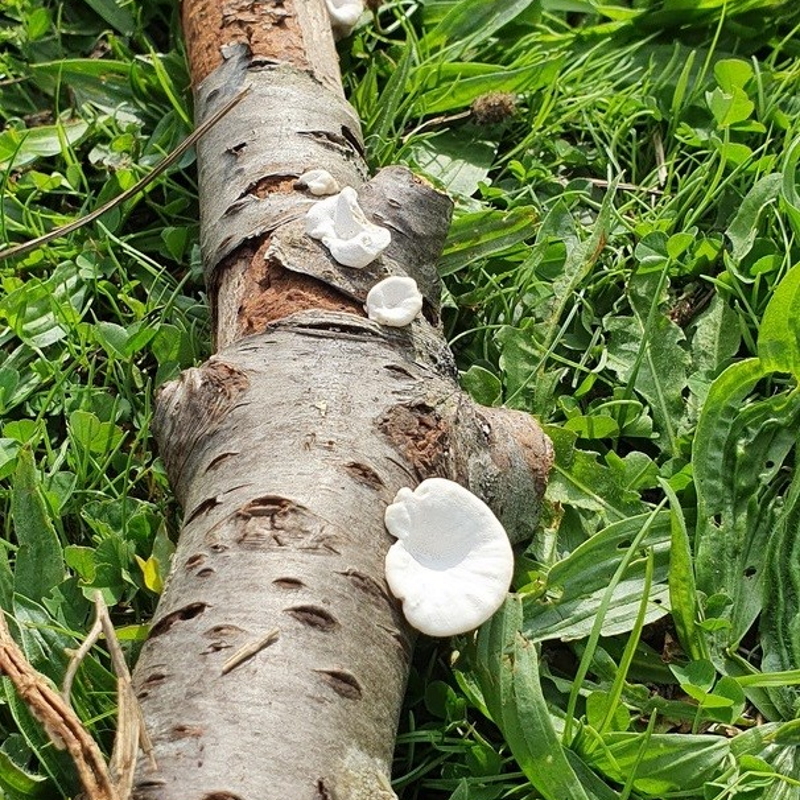Teacher Michael Jones from Northfleet Technology College updates on the progress of his Partnership Grant funded nature reserve and how the project has impacted not only his own school, but the wider community, helping more people link with nature in an urban area.

At Northfleet Technology College (NTC) we began our second Partnership Grant journey early in 2022 to answer the question "What level of ecological complexity can a (small) urban nature reserve support?", and what a journey this has been.
From wanting to know what lived on our Nature Reserve, we have studied the environment, animal and insect life and plant biodiversity. Along the way we have planted over 1,000 trees (with 800 more to be installed November 2023), rebuilt our pond, installed a recycled shipping container as a learning area, provided Wi-Fi powered through solar generated energy and captured hundreds of videos and images of our wildlife.
The Reserve activities have meant that STEM, and not so traditionally STEM, subjects have been able to engage in applied learning. The biologists have undertaken surveys of the flora and fauna with the most recent big data capture having taken place in July 2023. Computer science students have developed programmes which calculate the amount of carbon a tree can hold based on height and circumference. Ever wondered how a right-angled triangle can be useful? Imagine trying to measure the height of a 15-meter tree! Using trigonometry on our grounds meant that we collected the heights of many trees. Nothing like first-hand data to test hypotheses.
The mathematicians got involved more when we considered the best angle to position solar panels at to capture the maximum amount of sunlight. Did you know, knowing your latitude can help indexing the best angle for a solar panel? We have a latitude of 51.43. Add 15 to that to arrive at the best winter angle and deduct 15 for summer. Moving on to practical matters, building skills were required to capture rainwater from our recycled container. Investigations were undertaken to discover how to fix guttering and drainpipe to a metal structure. First charge the drill using solar power and then onto the fixing.
As we progressed it was agreed that bees would be an ideal addition to our Reserve. As I write, we are almost ready to receive a Langstroth Hive, chosen as the best option for our area. Then we need bee suits and supporting equipment. As we are tech minded, it was agreed that remote monitoring of the hive would help in at least two ways: 1) reduce the amount of human interaction and you reduce the stress on bees, 2) save on unnecessary journeys to the Reserve. So, we now have a bee heart capable of measuring heat, humidity and sound - all key elements in judging the health and status of a hive. Add a bee counter to that - yes, they do exist - and this simple device senses when a bee enters or exits the hive. Last but not least we have a hive scale, reporting weight via the internet. Did you know, on average a hive will produce around 11 kg of honey plus surplus wax!
Adding an apiary has encouraged our local primary schools to partner with us. Under the banner of ‘Ethical Entrepreneurship’, as our initial colony gets ready to swarm, we will transfer part of the swarm to another hive. This will then be assigned to a primary school in the area. The plan is that before you know it, we will have several hives producing a surplus that will be invested in sustainability projects. Monitoring remotely, via the internet, means that the schools, and NTC, will have a valuable data stream that can be used in science, maths and IT.
During the year we have had a host of visitors from the wider community. Parents have been curious to see what their sons are doing, and this has given us an excellent opportunity to provide tours of the site, provided by our Eco Leader students. We have planned to build on this for stage 2, as we continue with the legacy activities associated with the Partnership Grant and open up the Reserve to the wider community, aiming to involve parents in a much wider capacity.
Now, talking of primary schools, we have shared our space with other schools. Being in a densely populated urban area means that we are really very lucky in having our space. Opening our doors to the local community seemed the right thing to do. This means that young pupils, some as young as Reception class, have been able to experience and work on our Reserve: planting trees, recording insect life, inspecting wildlife cameras, and checking on bug hotels and bird boxes.
We are looking forward to a Secondary school from Peterborough spending four days on our Reserve in September 2023. The plan is that we will monitor and record the wildlife that we rarely see. Our two bat detectors are at the ready as is our insect tent. Camping on the Reserve will provide a truly immersive experience for both schools. It will be interesting to see what the fox families make of this!
Want to see what we are up to? For a remote visit, please visit our website here: https://ntcnature.blogspot.com/



